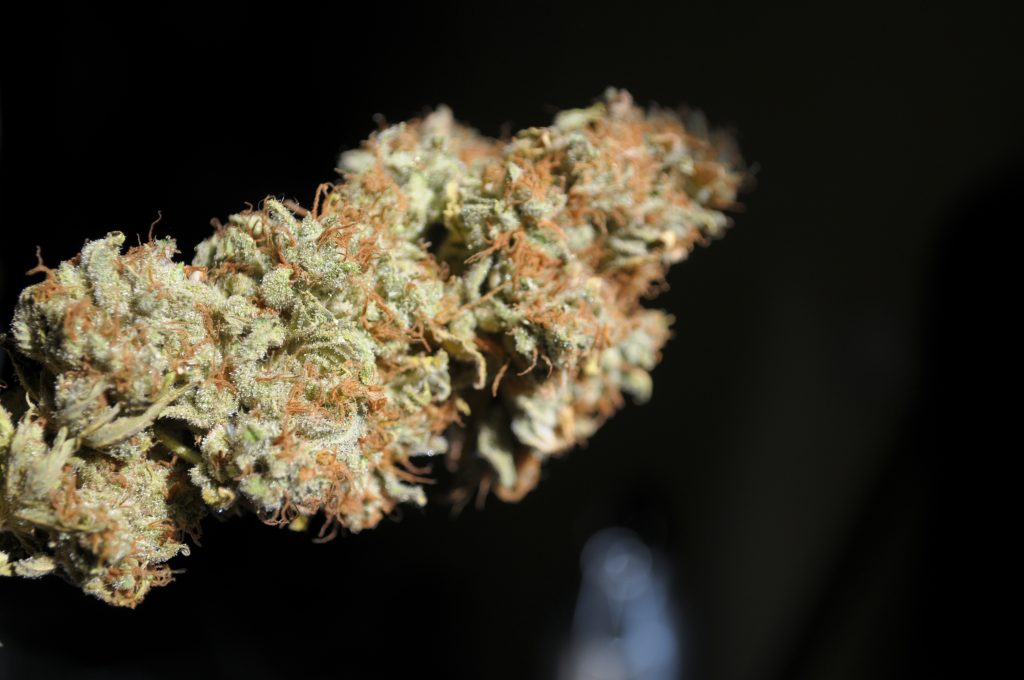Cannabis is by a long way the most used illegal substance in the UK and young people are quite at home with that concept.
The majority find it easier to purchase than alcohol due to the effective policing of underage sales, so it’s no surprise that many choose a ten pound bag of weed over a ten pack of Stella on any given day. There’s no mystery to the reasons why, too; young people’s needs are no different to their teachers, social workers or parents. They smoke it to relax, forget the day, celebrate, laugh and ultimately alter their state.
A quick look at social media will show you just how normalised cannabis has become for teenagers. The overwhelming majority of posts, blogs and articles support the generational shift in thinking that appears to be just around the corner. Information has never been more readily available, and it’s being soaked up by young people on their daily trawls through whatever app is now in pole position.
The internet arms them with the means to defend their choice of substance and challenge social norms. Knowing talking points, statistics and theory related to Britain’s favourite herb are part of the stoner repertoire and the ability to make comparisons to alcohol and its health risks dangers is common. In my experience, the web is responsible for perpetuating many myths relating to cannabis, which we critically explore with young people, so that the reasoning, agendas and stigma behind them can be unpicked. Online, there’s a lot of emphasis on selling the notion of a harmless plant and the accessories that accompany it, but not enough on harm reduction and safer use. Cannabis is big business in the UK, despite its legality.
Many of the young people I see in services are using cannabis to self-medicate, smoking away their experiences of ADHD, anxiety, anger problems, attachment issues and family disputes.
This is in part a failure of responsible adults and Child and Adolescent Mental Health Services, but also it also points to a common desire not to be medicated by Big Pharma and the age old need to fit in socially. Those who self-medicate with substances are often stigmatised by their school or families, and more often than not this leads to their problems escalating rather than being resolved.
When we give teenagers the appropriate space to talk about substances, they often tell us that they’re confused by UK law and suspicious of authority. The majority are not privy to honest, accurate and health-based facts in relation to what they consume – be it legal or illegal – and this contributes to an unhealthy mistrust and a disconnect between them and professionals who could potentially help. There is little choice currently but to acknowledge this gap and take the necessary steps to empower our youth to make confident, informed decisions. But how?
Without access to the right information, cannabis use can spiral out of control relatively quickly. Our teenage years are about discovering our own identity and working out who we are and cannabis can play a large part in this where there are no other regular structured influences, peers or role models. There’s certainly cause for concern when kids are reporting feeling abnormal when they haven’t smoked and sober when they have. The idea of “wake n bake” at a weekend may see a wry smile spreading across many lips, but if cannabis is on the breakfast menu daily then it will compromise the ability to learn, socialise or do much of anything at all. We really need to try and protect some of the most precious years of finding yourself from becoming a foggy memory of losing yourself.
Speaking to group of lads in West Kent recently, I posed the quandary to them that the last thing they wanted was to look back at their summer and say to each other “the only thing we did for three months was sit on Chris’s sofa.” They glanced quickly at each other before one of them blurted out, “Shit. That’s exactly what happened”. Other questions such as, “how many of you have got a girlfriend?” and “when was the last time you went to see a film?” had all too predictable answers. Four out five of them “used” to play for football teams. You get the idea.
Early Intervention is crucial when working with vulnerable groups of young people. It’s vital that we give adolescents the opportunity to discuss with peers their motivations for use and explore what it means to be a cannabis using teenager today. It’s also vital to then challenge the perception that cannabis is completely harmless. There is a feeling that smoking weed is a milestone in the lives of our teenagers, so we should hear and acknowledge the positives around use, but also explore the risks as supported by the evidence base.
Never before has it been so important to have highly skilled, young persons’ specific substance misuse workers to promote harm reduction and signpost those involved to partners to assist with any additional needs.
Providing honest information via expert facilitators, in confidential settings over a number of weeks, can effectively lead young people to think more critically about their behaviour and contemplate change. This work must be longitudinal, evidence-based and evaluated.
Young persons’ workers have the most impact in a formal setting, but working informally. Students relish the opportunity to learn in detail about something so culturally and socially relevant, but in a space where they ordinarily daren’t mention anything to do with drugs. Importantly, delivering information purely about substances is not effective; young people need to learn historical, political and biological contexts if they are to be empowered to make better decisions.
Specialist treatment services work due to the skills of the practitioners. By looking at familial, social, psychological and peer influences in a therapeutic, structured and planned way, we will often uncover underlying reasons for problematic use. We build relationships at regular appointments and at a venue chosen by the young person, to help them meet a goal they have created for themselves.
Cannabis diaries, mind mapping, Cognitive Behavioural Therapy and motivational interviewing techniques can work to help young person to reach their goals, but perhaps more important are methods you might normally associate with positive parenting. Open communication, consistency and revelations such as “we’ll tell you truth and how to keep yourself safe” genuinely work. This may seem altogether too simple but how often are adolescents questioned around what is actually going on for them in any given moment? How often do they get to talk about what they’re feeling and whether we as professionals can help?
Our substance misuse services work to equip young people with the tools to make their own informed choices. There is no silver bullet here, but there is a lot to be said for treating people with intelligence, maturity and respect.
Nick Hickmott is the Early Intervention Lead at Young Addaction in Kent. Tweets @EI_YPS


